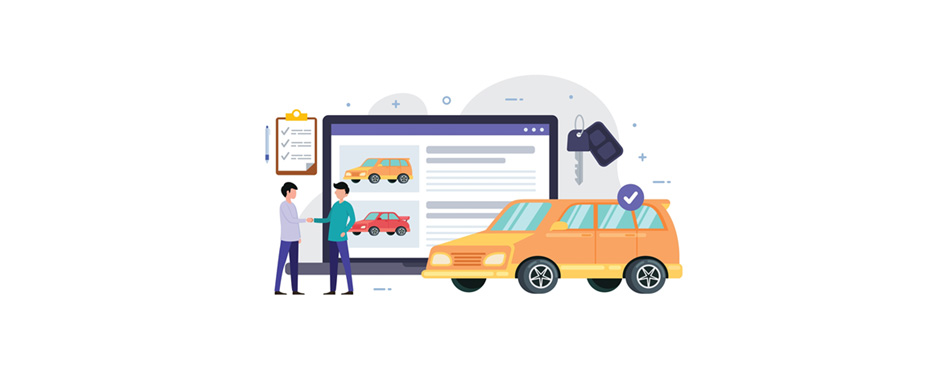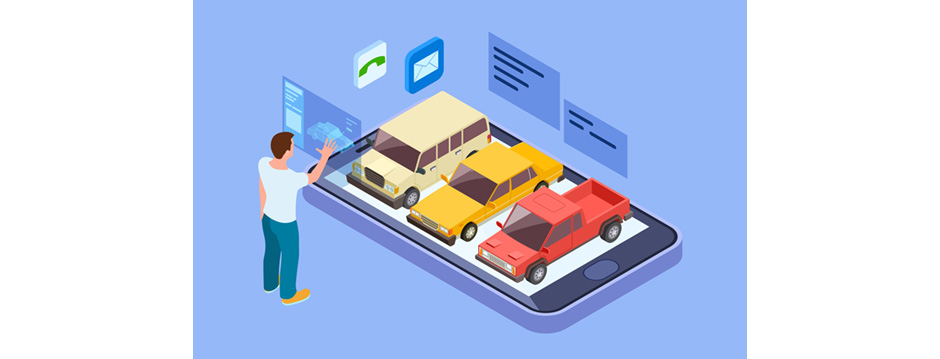A Must-Read for Low-Cost Business! Entrepreneurship Funding Application Process + 4 Low-Cost Startup Ideas
Understand more about how to start a business with low startup costs and apply for entrepreneurship funding....
Do not disclose your password to anyone (including Promise staff and the police). Our Company does not directly promote loan products to individuals, require customers to repay loans or request personal information through WhatsApp, WeChat or Facebook. Please click here to know the details.


When purchasing a vehicle, many people may opt for dealership financing (auto loan) whether new car or used car. However, private loan has become a popular alternative choice for purchasing car in recent years. Do you know what the difference between private loan and traditional auto loan is? This article concludes information on auto loan, calculations for dealership financing, and some important points to consider, and provide you with some basic understanding among both options.
"Dealership financing" is a traditional form of auto loan, which can be separated into two different ways: 'Car Loan (Lease)' or 'Car Loan (Hire Purchase)'. Buyers need to repay the loan by installments and usually apply through motor dealership. The difference between 'Lease' and 'Hire Purchase' lies in the initial payment: the former requires a down payment,' whereas the latter usually doesn't but normally comes with a higher interest rate.
If you choose car loan (lease), you will need to pay the 'down payment' first, which typically calculated as the number of years of the repayment term plus one, then times the amount of installment. For instance, if the repayment term is 5 years, you will need to pay 6 months' worth of installments upfront. This option is more suitable for those with ample funds. Conversely, car loan (hire purchase) doesn't require any down payment, but generally comes with a higher interest rate than car loan (lease). Besides, please note that the annual interest rate for traditional car loan is generally calculated as an annual flat rate, instead of Annual Percentage Rate (APR).

Apart from the calculation method of dealership financing, you should also understand that most of the traditional car loan can only be applied through dealerships or agents.
Meanwhile, it is compulsory for you to purchase comprehensive motor insurance and submit the vehicle's registration document as collateral, which will be returned only once the loan is fully repaid. Interest rates for these loans can vary significantly. Although many used car dealers offer extra discounts who customers opt for dealership financing, the provided plans may not be the most cost-effective as the interest rates may be higher.
If you encounter financial challenges and want to sell the car for cash in the future, it is important to know that you must settle the outstanding loan balance first in most cases. Before choosing a car loan, you should clarify with the financial institutions if there are any potential fees such as service charges or penalty interests for early repayment. Also, you should consider the next car owner's payments arrangements.
Compared to traditional car loans, one-off private loan offers greater flexibility for managing funds. Applying for a private loan from Promise doesn't require you to show up in person* and submit vehicle's registration document as collateral. This makes it more convenient for situations like changing cars, renewing licenses, or changing license plates. Loan approvals will not be restricted by car type or age, offering higher flexibility than traditional car loan. With repayment periods up to 84 months and no extra fees for early repayments or penalty interest, it will be an alternative way to solve your car financing issues flexibly.

Whether you opt for traditional car loan or personal loan, it is crucial to make more comparisons beforehand and read the terms and conditions of the loan carefully. Hope that you will eventually find a loan that suits you most!
